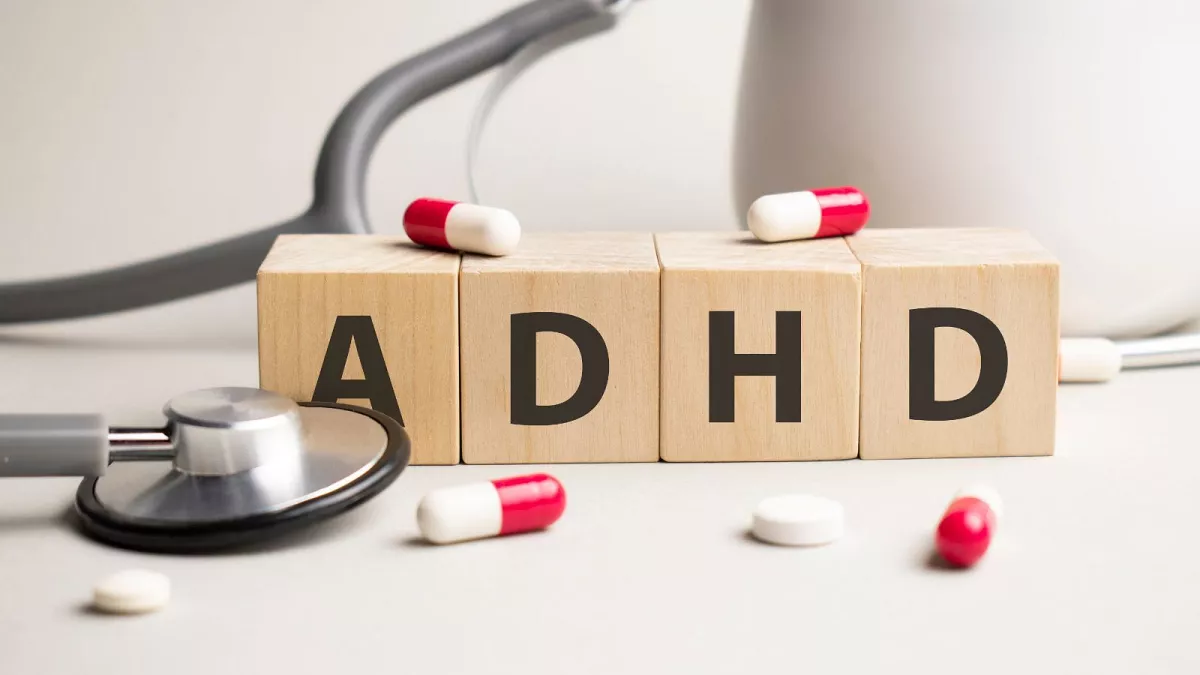The Role of ADHD Medication in Executive Functioning: Enhancing Cognitive Control

A group of cognitive processes known as executive functioning are in charge of planning, organizing, making decisions, controlling impulses, and engaging in goal-directed behavior. Deficits in executive functioning are common in people with Attention Deficit Hyperactivity Disorder (ADHD), and these impairments can have an influence on a number of daily activities, such as social interactions, job productivity, and academic achievement. Medication for ADHD, especially stimulant drugs like amphetamines and methylphenidate, has a major impact on improving executive functioning by acting on important brain neurotransmitter systems. This article examines the connection between executive functioning and ADHD medication, emphasizing how medication can help people with ADHD achieve better functional outcomes and increase cognitive control.
Recognizing Executive Functioning in ADHD
Several interconnected cognitive processes are included in executive functioning, such as:
The capacity to restrain impulses, block out distractions, and prevent unsuitable reactions is known as inhibition.
Working memory is the ability to manage and retain knowledge for brief periods of time, which facilitates task completion and problem-solving.
Cognitive flexibility is the capacity to change course when necessary, shift focus between tasks, and come up with new plans of action.
Planning and Organization:
The ability to create plans of action, arrange resources or information, and set goals in order to accomplish desired results.
People with ADHD frequently have deficiencies in one or more areas of executive functioning, which can show up as impulsivity, distractibility, disorganization, and trouble managing their time.
ADHD Medication's Impact on Improving Executive Functioning
The main pharmacological treatment for ADHD is medication, especially stimulant medications like amphetamines (like Adderall) and methylphenidate (like Ritalin). These drugs function by making neurotransmitters like norepinephrine and dopamine more readily available in the brain. These neurotransmitters are essential for controlling attention, impulse control, and executive functioning. The following are some ways that executive functioning is improved by ADHD medication:
Better Attention and Focus:
Stimulant drugs improve attentional processing by raising dopamine availability and release in important brain areas like the prefrontal cortex that are involved in attention and focus. This results in increased concentration on tasks, decreased distractibility, and better sustained attention.
Enhanced Inhibition:
By adjusting the activity of brain circuits related to impulse control and response inhibition, ADHD medications improve inhibitory control. This makes it easier for people with ADHD to block out distractions, control their impulsivity, and prevent inappropriate actions or reactions.
Increased Working Memory Capacity:
By boosting the effectiveness of information processing and storage in working memory networks, stimulant drugs increase working memory capacity. This makes it easier for people with ADHD to retain and handle information, which helps them finish tasks and solve problems.
Enhanced Cognitive Flexibility:
By modifying the neurotransmitter systems involved in cognitive control and set-shifting, medication can increase cognitive flexibility. This makes it easier for people with ADHD to transition between tasks, adjust to shifting demands, and come up with new strategies more quickly.
Better Planning and Organization:
By supporting goal-directed behavior and executive decision-making processes, ADHD medications can improve planning and organizational skills. This makes it possible for people to create action plans, prioritize tasks, and efficiently arrange resources or tasks.
Benefits of Enhanced Executive Functioning in Terms of Function
The functional outcomes of individuals with ADHD are significantly impacted by the enhancements in executive functioning linked to ADHD medication. Medication can improve executive function and cognitive control, which can result in:
Better Grades, More Task Completion, and Improved Classroom Behavior are all results of improved academic performance, which is influenced by increased attention, working memory, and cognitive flexibility.
Increased Work Productivity:
Because ADHD patients have better attention, organizing, and time management skills, they may be more productive and efficient at work. Increased performance, job satisfaction, and prospects for career advancement can result from this.
Better Social Relationships:
By lowering impulsivity, improving communication skills, and encouraging empathy and perspective-taking, improved executive functioning can help to promote better social interactions and relationships.
Enhanced Independence and Self-Regulation:
People with ADHD who have higher executive functioning are better able to take charge of their lives, make wiser decisions, and handle their responsibilities with more effectiveness. Increased independence, self-assurance, and self-efficacy are fostered by this.
Observations and Warnings
Even though taking an ADHD medication can greatly improve executive functioning, it's important to take into account individual differences in treatment response, medication tolerance, and possible side effects. Not every person with ADHD will respond to medication in the same way, and for some, changing the type or dosage of the medication will be necessary to get the best results. Furthermore, in order to fully address the complex needs of people with ADHD, medication should be used in conjunction with behavioral interventions, psychoeducation, and support services.
In summary
Medication for ADHD is essential for improving executive functioning because it increases working memory, inhibition, attention, cognitive flexibility, and organizational abilities. Stimulant drugs, such as amphetamines and methylphenidate, target important neurotransmitter systems in the brain to address core deficits in executive functioning and improve functional outcomes for people with ADHD. However, as part of an all-encompassing treatment plan that takes into account each patient's needs, preferences, and treatment objectives, medication should be used sparingly. Individuals with ADHD can enhance their executive functioning, accomplish their objectives, and prosper in different facets of their lives when prescribed medication and supportive interventions are combined in an appropriate manner.
- Art
- Causes
- Crafts
- Dance
- Drinks
- Film
- Fitness
- Food
- Games
- Gardening
- Health
- Home
- Literature
- Music
- Networking
- Other
- Party
- Religion
- Shopping
- Sports
- Theater
- Wellness


